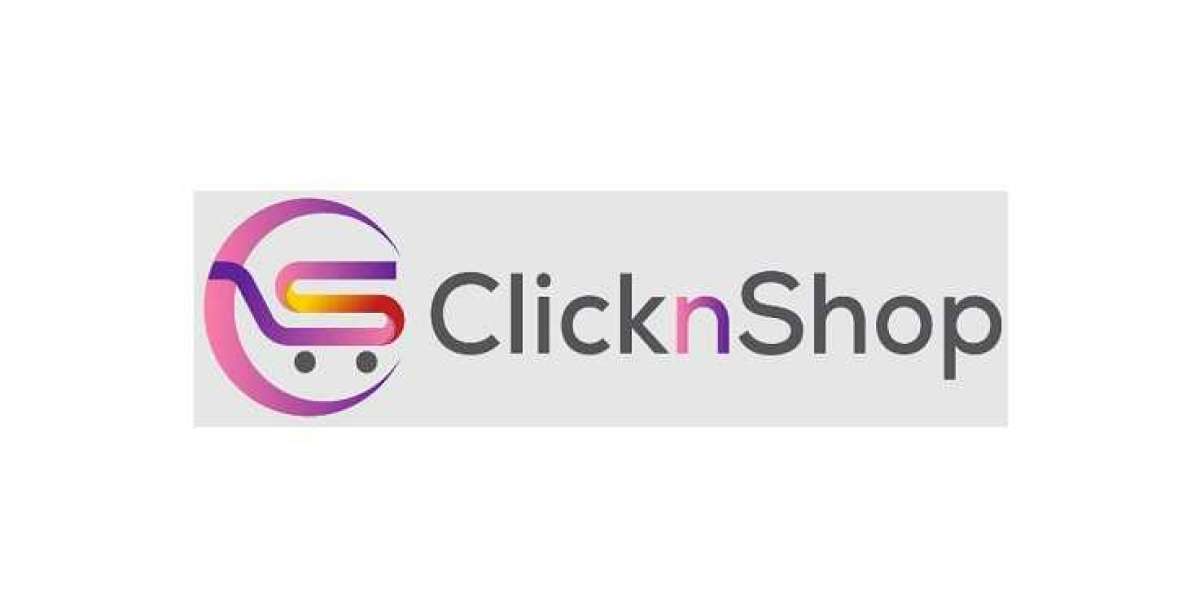In the ever-evolving landscape of healthcare, ensuring the safety and efficacy of medical devices is paramount. One crucial step towards achieving this goal is obtaining ISO 13485 certification, a globally recognized standard specifically designed for the quality management system of medical device manufacturers.
ISO 13485 sets the framework for establishing, implementing, maintaining, and continually improving a quality management system tailored to the unique needs of the medical device industry. Compliance with this standard signifies a commitment to meeting regulatory requirements, enhancing product safety, and maintaining customer satisfaction.
One of the primary advantages of ISO 13485 certification is its alignment with regulatory authorities around the world. Adhering to this standard not only aids in navigating complex regulatory landscapes but also demonstrates a dedication to upholding the highest standards in the development and production of medical devices. This is particularly crucial in an industry where regulatory compliance directly impacts market access and acceptance.
The ISO 13485 certification process involves a comprehensive assessment by accredited certification bodies. Companies seeking certification undergo a thorough evaluation of their quality management system, including processes related to design, production, installation, and servicing of medical devices. This meticulous scrutiny ensures that organizations not only meet the standard's requirements but also continuously improve their systems to stay ahead of emerging challenges.
Certification to ISO 13485 brings several tangible benefits to medical device manufacturers. Firstly, it enhances the organization's credibility and reputation in the market. Customers, stakeholders, and regulatory bodies alike recognize the commitment to quality and compliance, instilling trust in the brand and its products.
Additionally, ISO 13485 certification fosters operational efficiency within organizations. By adhering to the standard's guidelines, companies streamline their processes, reduce errors, and enhance overall product quality. This efficiency translates into cost savings, increased productivity, and a more competitive edge in the market.
The standard's emphasis on risk management is another noteworthy aspect. ISO 13485 requires organizations to identify and mitigate risks associated with their products and processes. This proactive approach not only enhances product safety but also reduces the likelihood of costly recalls and legal issues, safeguarding both the manufacturer and end-users.
In conclusion, ISO 13485 certification is a pivotal step for medical device manufacturers committed to delivering safe and effective products. Beyond compliance with international regulations, the certification brings about a culture of continuous improvement, instills confidence in stakeholders, and positions companies for long-term success in the dynamic healthcare industry. As the demand for high-quality medical devices continues to rise, obtaining ISO 13485 certification is a strategic investment that pays dividends in both reputation and operational excellence.








